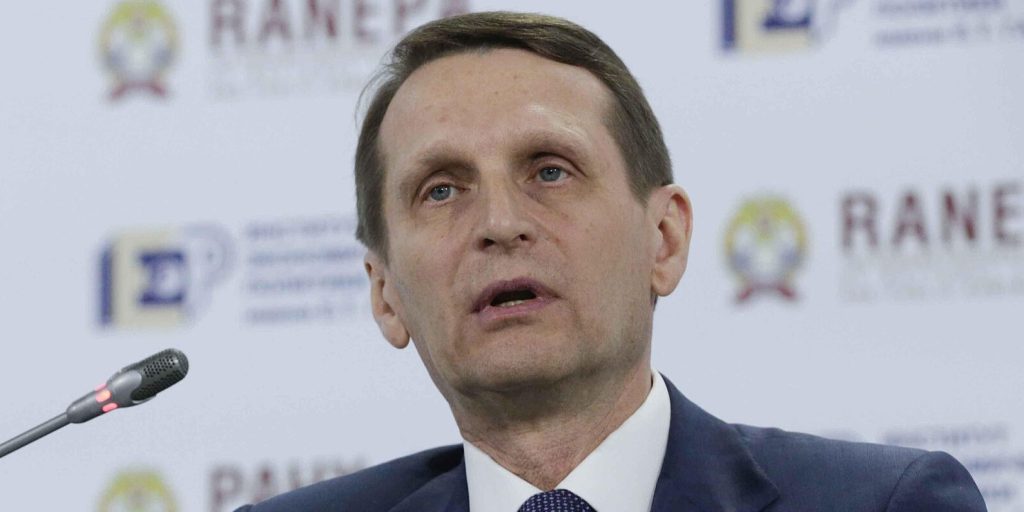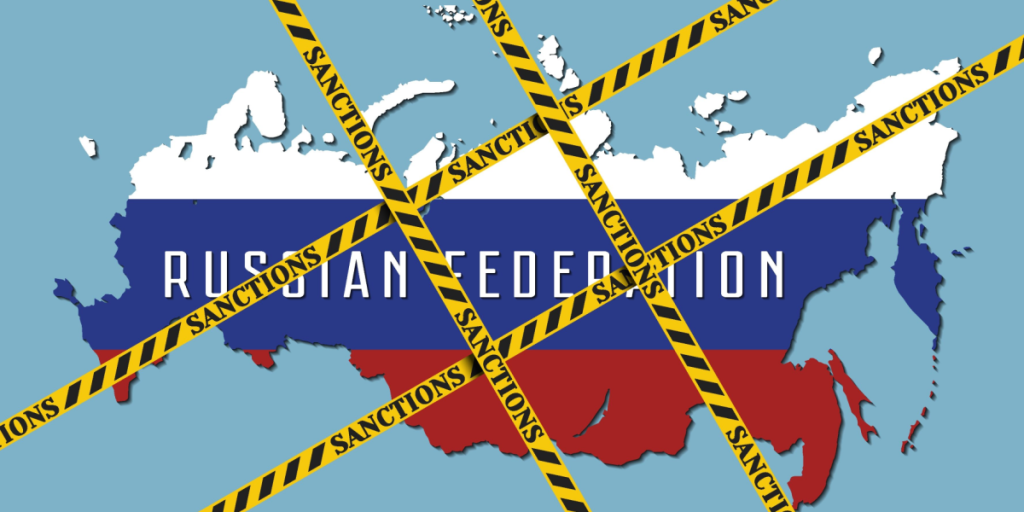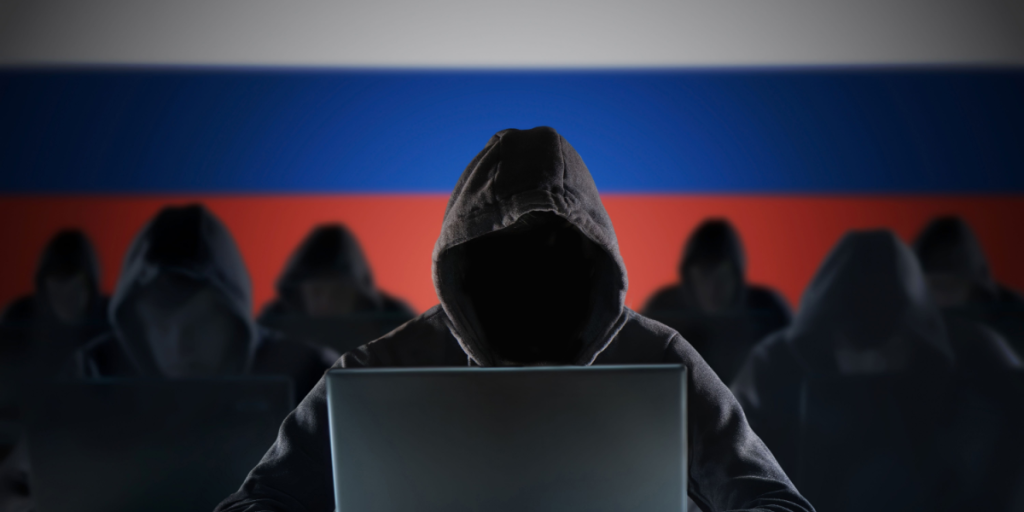If the West does not take the new Cyber Front serious, it can have massive implications.
Others are reading now
If the West does not take the new Cyber Front serious, it can have massive implications.
Russia’s cyber stategy

The Kremlin views cyber technologies not merely as a defensive asset but as a weapon in its global struggle against the West.
According to the media Foreign Affairs, leading Russian cybersecurity firms are increasingly tied to the country’s military and intelligence services, a relationship Moscow is now promoting more openly and aggressively worldwide.
Saint Petersburg summit

In April 2024, former Russian Security Council secretary Nikolai Patrushev hosted a summit in Saint Petersburg.
Joined by Foreign Intelligence chief Sergei Naryshkin, he addressed officials from Africa, Asia, Latin America, and the Middle East.
Also read
The main topic? “Information sovereignty” — Kremlin code for cyber systems designed to fend off Western influence.
Offering Russian tech to allied regimes

Patrushev’s core message was clear: Russia’s top cybersecurity firms are ready to help other countries take control of their digital spaces.
Governments from Brazil, Sudan, Thailand, Uganda, Iran, and China were in attendance — and many welcomed the offer.
For some, it promised protection; for others, it offered leverage.
Anti-Western sentiment fuels demand

For many participating nations, Russia’s message struck a chord. The so-called “Twitter revolutions” — mass uprisings in the 2000s and 2010s — are viewed by some regimes as U.S.-backed efforts to spark instability.
Also read
Moscow positioned its cyber solutions as a bulwark against this perceived threat.
The Kremlin’s global campaign: Not just cyber

Cyber technology is just one part of Russia’s broader push.
The Kremlin has backed groups like Wagner and its successor, Africa Corps, while investing in soft power — opening Russian cultural centers and intelligence outposts across Africa and the Middle East to compete with Western influence.
Western sanctions target key firms

The U.S. has responded with targeted sanctions.
In 2021, cybersecurity firm Positive Technologies was blacklisted for assisting Russia’s FSB and hosting events used to recruit new intelligence agents.
Also read
In 2024, Kaspersky Lab was sanctioned for its ties to Russian military and intelligence services.
Europe pushes back against Russian cyber reach

Following Russia’s 2022 invasion of Ukraine, several European countries and the EU began restricting access for Russian cybersecurity firms.
These efforts aim to curb Moscow’s ability to entrench itself in sensitive digital infrastructures across Europe.
Cyber warriors trained in secrecy

Many of Russia’s cybersecurity firms were founded by graduates of elite Soviet-era institutions — schools designed to train engineers for the KGB and military.
These institutions continue to produce experts adept at operating in secrecy and loyal to the state.
Also read
A Trump-Era opening for Russia?

With Donald Trump back in the White House and Washington reportedly softening its stance on Russian cyber activity, Moscow may find more space to expand operations.
Reduced U.S. pressure could embolden Russia to increase cyber offensives in Europe and beyond.
Overlooking the Cyber Front could cost the West

As the U.S. and its allies focus elsewhere, Russia is quietly embedding its cyber infrastructure into states outside the Western alliance.
Ignoring this expansion could leave critical gaps — and hand Moscow a strategic advantage in shaping global digital norms.


